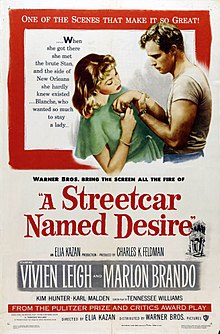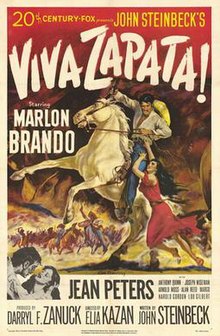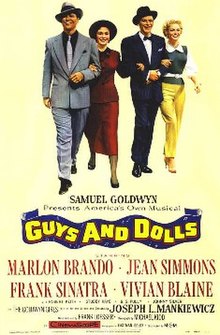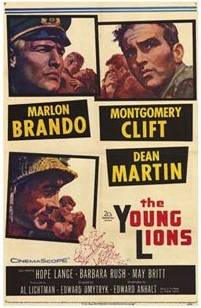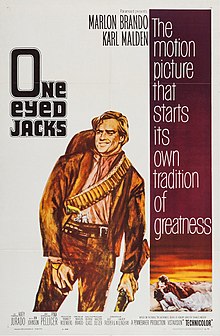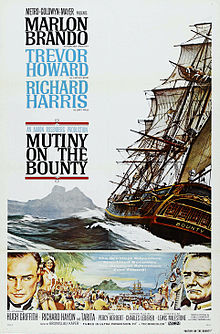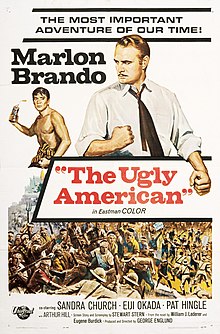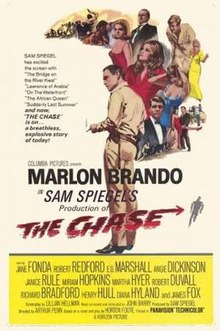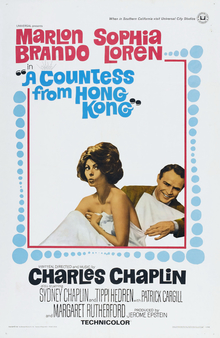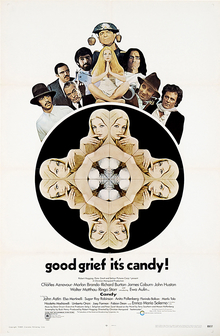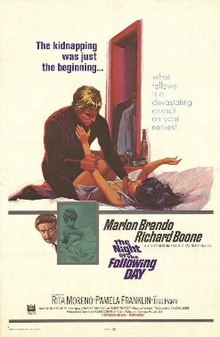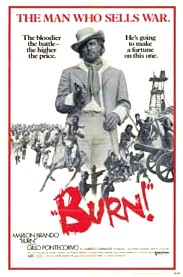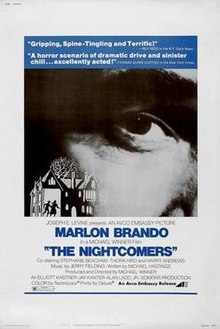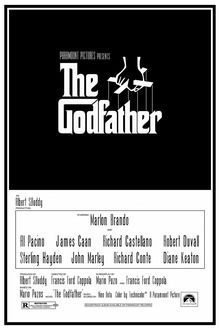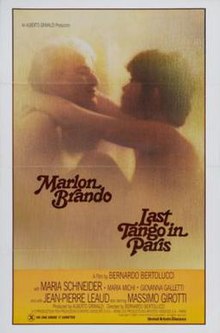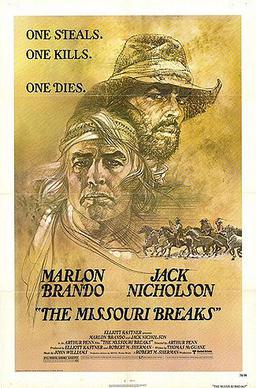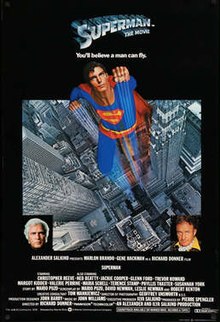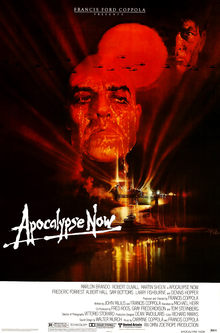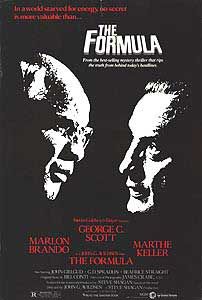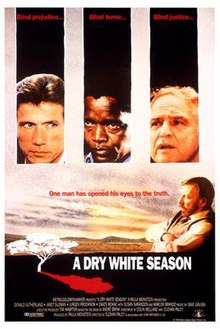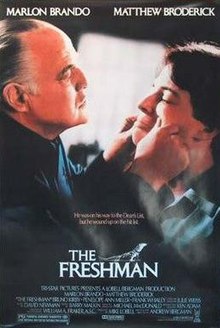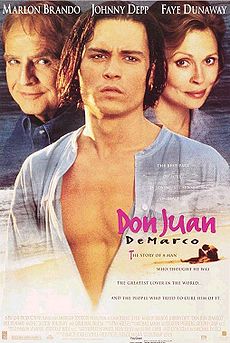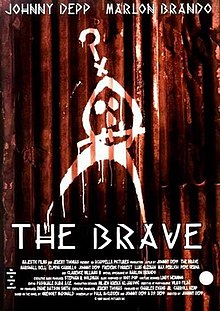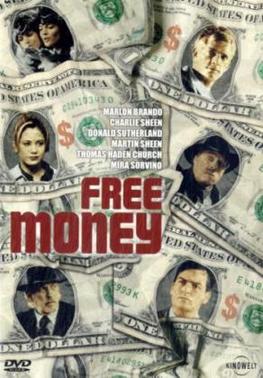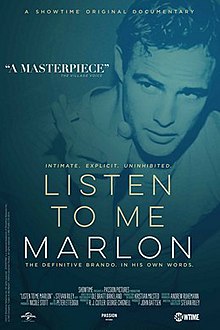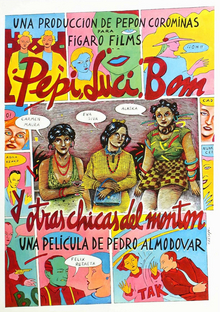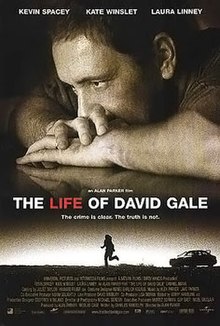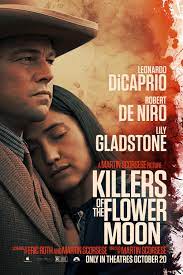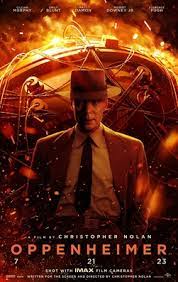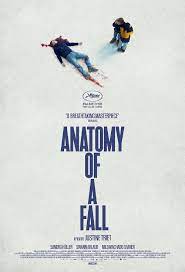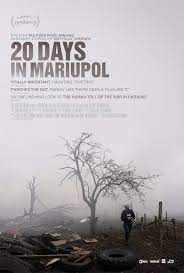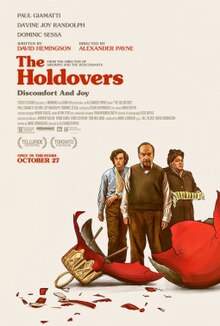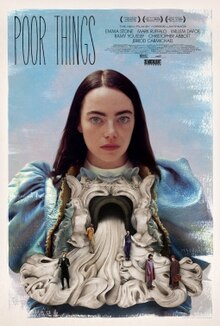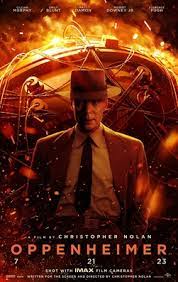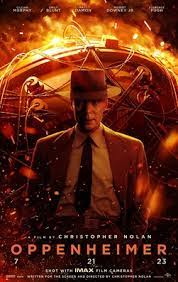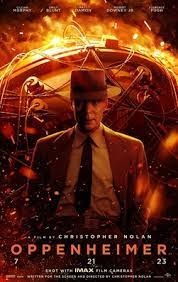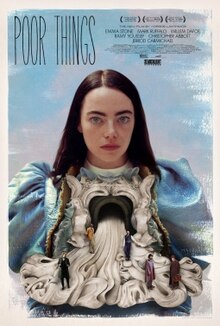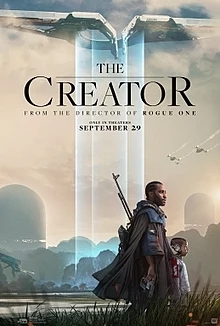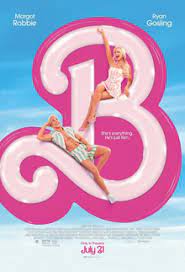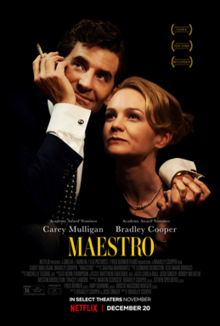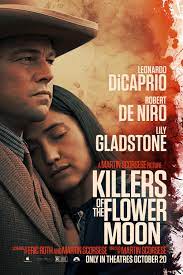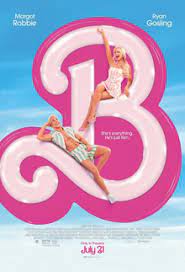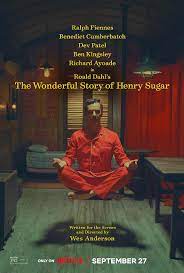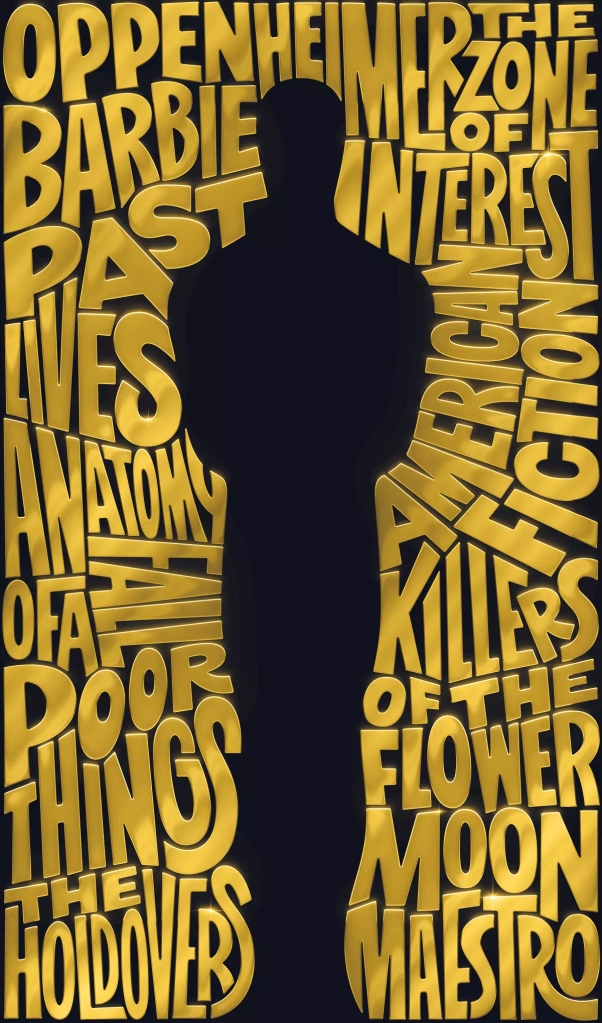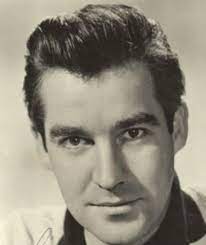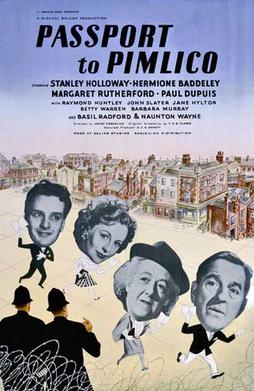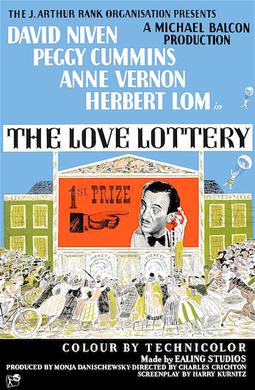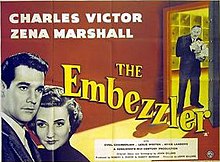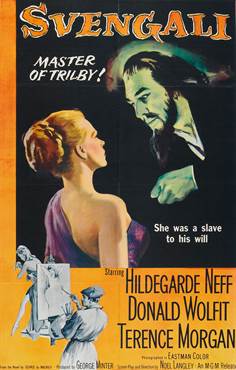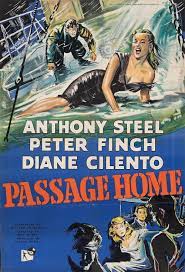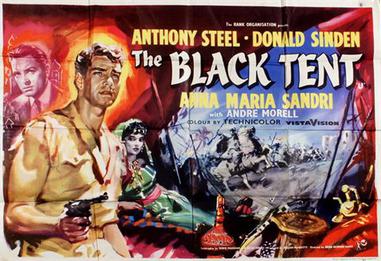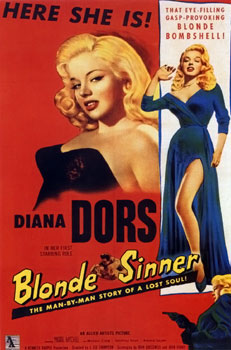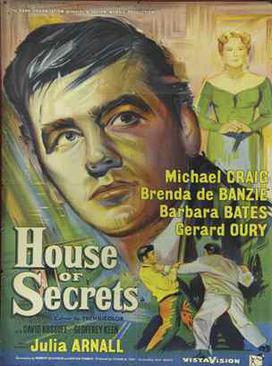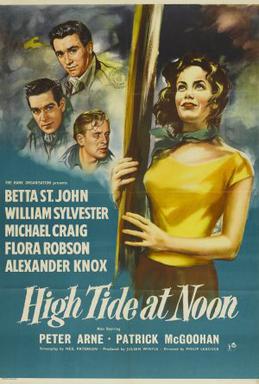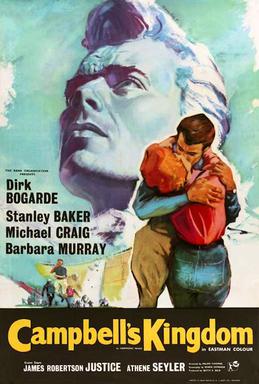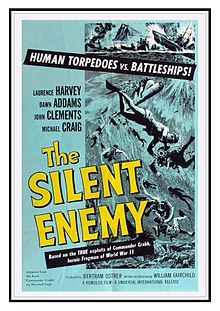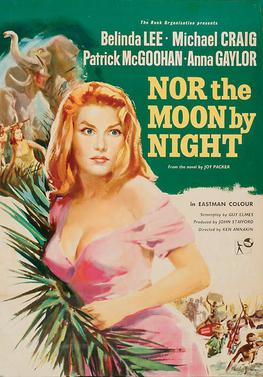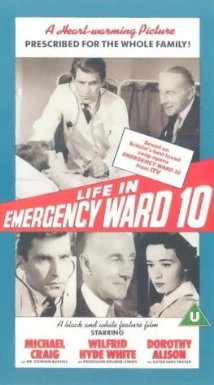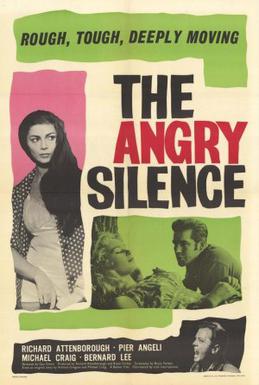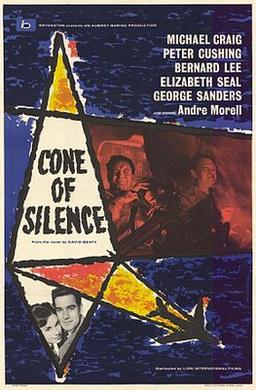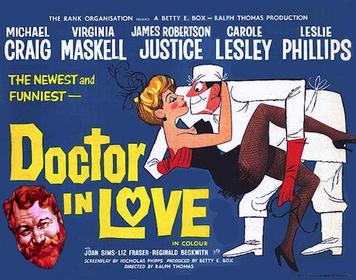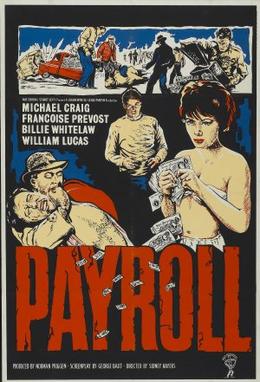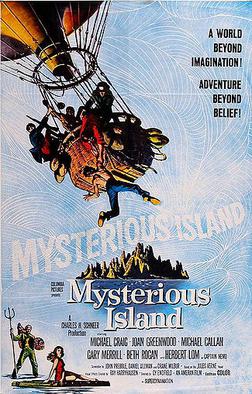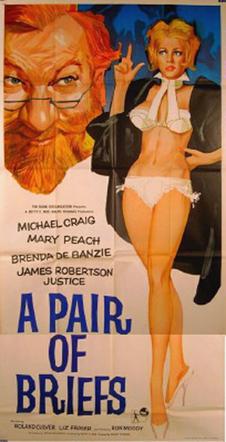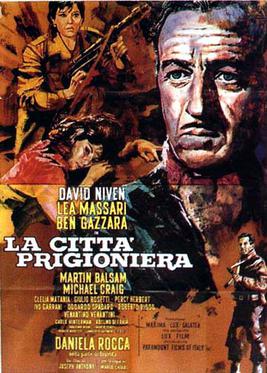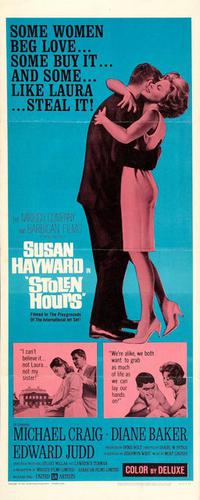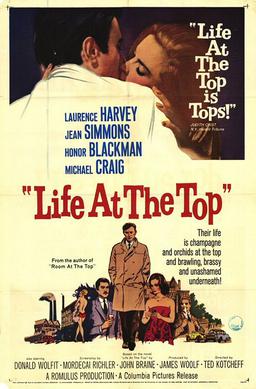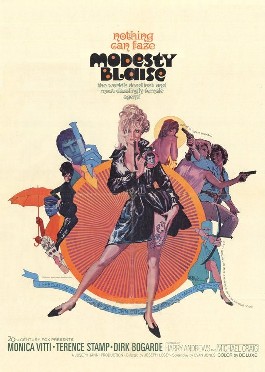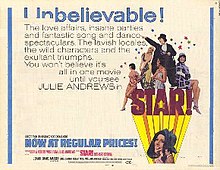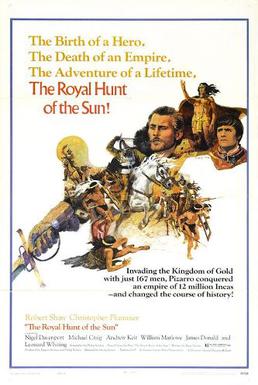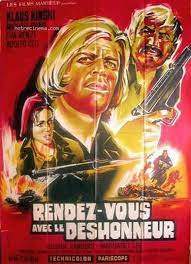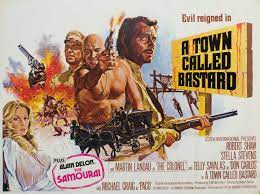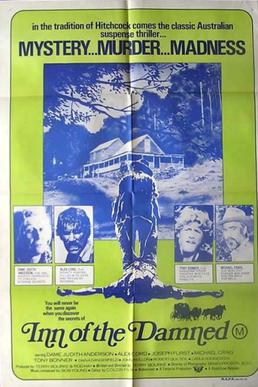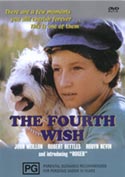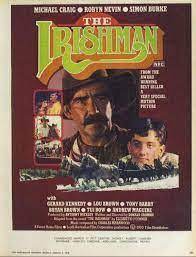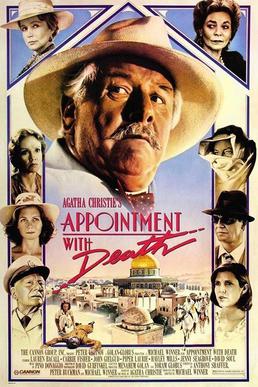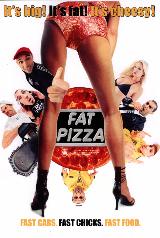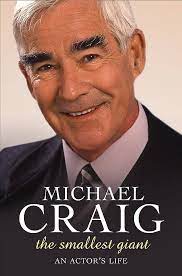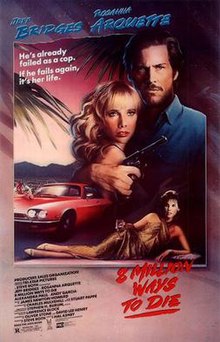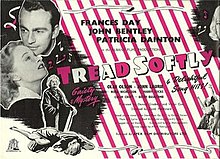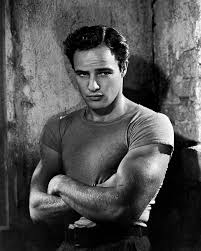

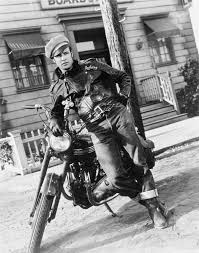


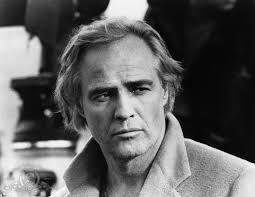

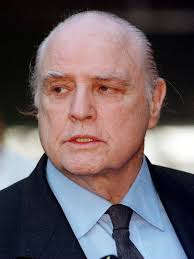
It is time to celebrate the centenary of a true American icon. He may have died at the age of 80 but the legacy of Marlon Brando in the American theatre, onscreen and the wider culture is incalculable. From the intensity of the early stage performances aided by the Stanislavski-inspired training he received with Stella Adler to his redefining of masculine representation and the translation of that acting power to the big screen, to his rumbustious private life, his activism and the decline of his later years, Brando’s persona dominated American film from 1950. The simplifying of his approach to his art as ‘The Method’ has caused decades of misunderstanding and misappropriation. He described what lay behind it in his memoir: I’ve always thought that one benefit of acting is that it gives actors a chance to express feelings that they are normally unable to vent in real life. Intense emotions buried inside you can come smoking out the back of your head, and I suppose in terms of psychodrama this can be helpful. In hindsight, I guess my emotional insecurity as a child – the frustrations of not being allowed to be who I was, of wanting love and not being able to get it, of realizing that I was of no value – may have helped me as an actor, at least in a small way. It probably gave me a certain intensity that most people don’t have. It seemed he came to despise his craft and didn’t even bother learning lines, relying instead on cue cards which might perhaps have lent some spontaneity to performance but reflected a deep-seated reluctance to do the job for which he was idolised. The early beauty and alarming impact of that much-satirised mumbling delivery would eventually give way to physical disintegration and a withdrawal into fleshy monstrousness but after his attempt to escape the Fifties rebel he personified he expanded his repertoire, making occasionally good films interspersed with silly ones, taking risks with The Chase and Last Tango in Paris, rejecting the Academy Award for The Godfather and finally letting it all hang out in Apocalypse Now. He wasn’t even 60 years old. He never returned to the theatre after his seismic arrival in the Forties. His parodic dislocation was crystallised by the tapering off of a great career into minor comedies in which he still contrived to hit grace notes. Personal tragedies came to dominate perceptions of this once-great actor but the work is indisputably magisterial. The problem was not that Brando didn’t care, he cared too much. We may have lost the last years of a career that consistently held so much promise but look how much we gained. Happy birthday Marlon Brando.

